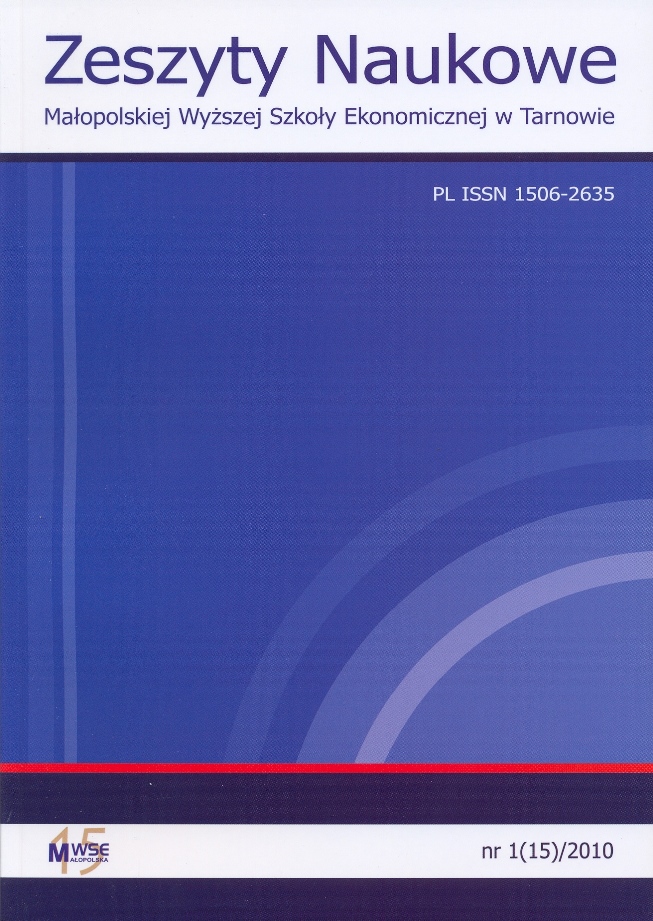Abstract
Leisure time, as an important category of active life of modern societies, emerged only in the nineteenth century and since then its dimension and importance has been growing. Nowadays, free time is interpreted in different ways. Commonly it is treated as the time which requires rational and intentional planning. Free time which is properly used brings many benefits, not only personal but also social, as it allows for the maintenance of mental and physical health and especially for the enrichment of one's own personality and identity. Forming the needs and the right attitude to active and meaningful leisure time activities should already be initiated in childhood, hence the aim of this paper is to attempt to determine the behavior of recreational leisure activities of children and young people in rural areas.
References
Encyklopedia pedagogiczna XXI wieku. 2003. Tom I. Warszawa: Wydawnictwo Akademickie Żak. Świat człowieka: encyklopedia. 2006. Warszawa: Wydawnictwo Naukowe PWN. ISBN 978-83-01-14775-4.
View in Google Scholar
Gołembski (red.). 2002. Kompendium wiedzy o turystyce. Warszawa – Poznań: Wydawnictwo Naukowe PWN. ISBN 83-01-13617-0.
View in Google Scholar
Kiełbasiewicz-Drozdowska I., Siwiński W. (red.). 2000. Teoria i metodyka rekreacji. Poznań: Wyd. AWF. ISBN 83-86336-89-7.
View in Google Scholar
Kwilecka M., Brożek Z. 2007. Bezpośrednie funkcje rekreacji. Warszawa: Almamer – Wyższa Szkoła Ekonomiczna. ISBN 978-83-60197-37-0.
View in Google Scholar
© Copyright by Małopolska School of Economics in Tarnów. The articles are available under the Creative Commons Attribution NonCommercial-NoDerivatives 4.0 International License


